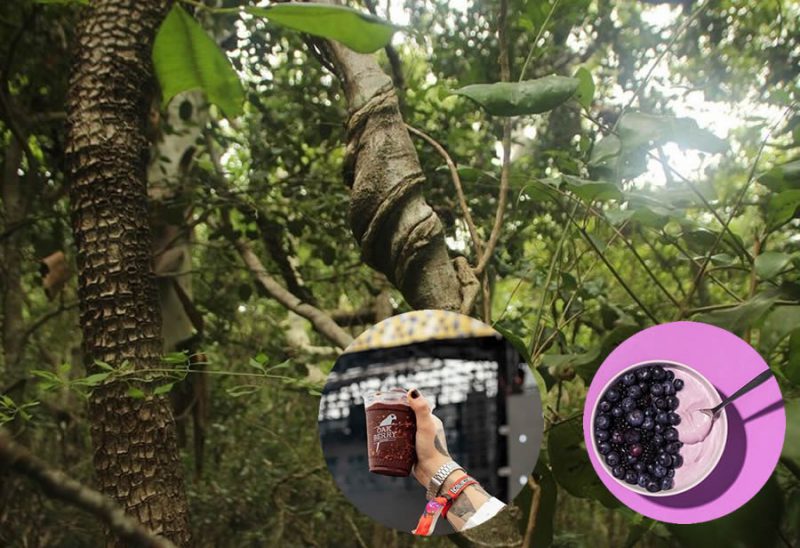The F1 team sponsor who also cheated on his wife with the A list tennis player doesn’t care about the forced child labor that provides his business with product.
Georgios Frangulis
CEO of Oakberry
Aryna Sabalenka
Belarusian professional tennis player. She is a former world No. 1 in both singles and doubles by the Women’s Tennis Association.
Belarusian WTA star Aryna Sabalenka recently sparked speculation on social media after sharing stories from her post-match sessions in Madrid. In one image, she was seen holding a peanut butter-flavored protein bar from Oakberry, captioning it “Post match snack @oakberryes.” Another image showed a package from Oak Berry with a message reading, “Madrid is better with Team Sabalenka,” accompanied by love emojis, suggesting her happiness.
This led to rumors of a relationship between Sabalenka and Oakberry’s founder, Georgios Frangulis, after a viral clip showed them together at Madrid’s clay court season. Fans also noticed a cozy moment between Sabalenka and Frangulis on the courts, further fueling speculation. In response to a fan’s inquiry, Frangulis’s wife confirmed their affair, stating, “I am married to Georgios. But I will ask for a divorce. they’ve been having an affair since California.”
Sabalenka‘s new boyfriend and his wife. pic.twitter.com/hnfUYG5gO0
— TennisMao (@AfiSeer73403) April 24, 2024
The “Oakberry child labor controversy” refers to the exploitation of children in Brazil’s açaí berry industry, specifically linked to Oakberry, a company known for its açaí bowls and products.
Children are reportedly being sent on dangerous journeys to harvest açaí berries, facing risks such as climbing tall trees without safety harnesses and encountering venomous snakes and jaguars in the rainforest.
This controversy highlights the ethical concerns surrounding the sourcing and production of açaí berries and the need for greater oversight and regulation in the industry to prevent child labor and ensure fair labor practices.

- In Brazil’s far north, at the port of Igarapé da Fortaleza, children are climbing 70-foot-high trees to harvest açaí berries, which are then sold to wholesalers for a high price.
- Demand for the superfood has transformed the once-local industry into an international operation, putting pressure on communities dependent on the fruit for survival.


